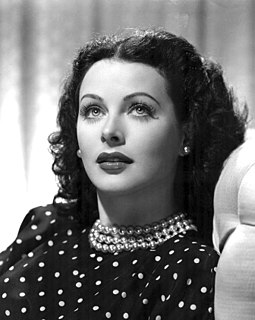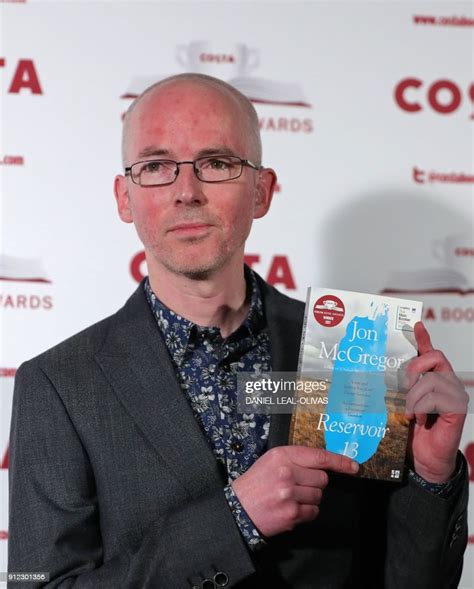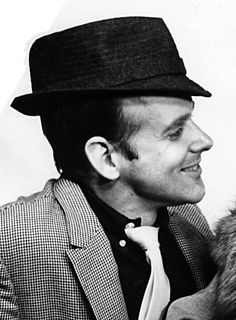A Quote by John Crowe Ransom
Too much is demanded by the critic, attempted by the poet.
Related Quotes
Technique is really personality. That is the reason why the artist cannot teach it, why the pupil cannot learn it, and why the aesthetic critic can understand it. To the great poet, there is only one method of music - his own. To the great painter, there is only one manner of painting - that which he himself employs. The aesthetic critic, and the aesthetic critic alone, can appreciate all forms and all modes. It is to him that Art makes her appeal.
If it really was Queen Elizabeth who demanded to see Falstaff in a comedy, then she showed herself a very perceptive critic. But even in The Merry Wives of Windsor, Falstaff has not and could not have found his true home because Shakespeare was only a poet. For that he was to wait nearly two hundred years till Verdi wrote his last opera. Falstaff is not the only case of a character whose true home is the world of music; others are Tristan, Isolde and Don Giovanni.
I absolutely cannot see how one can later make up for having failed to go to a good school at the proper time. For this is what distinguishes the hard school as a good school from all others: that much is demanded; and sternly demanded; that the good, even the exceptional, is demanded as the norm; that praise is rare, that indulgence is nonexistent; that blame is apportioned sharply, objectively, without regard for talent or antecedents. What does one learn in a hard school? Obeying and commanding.






































